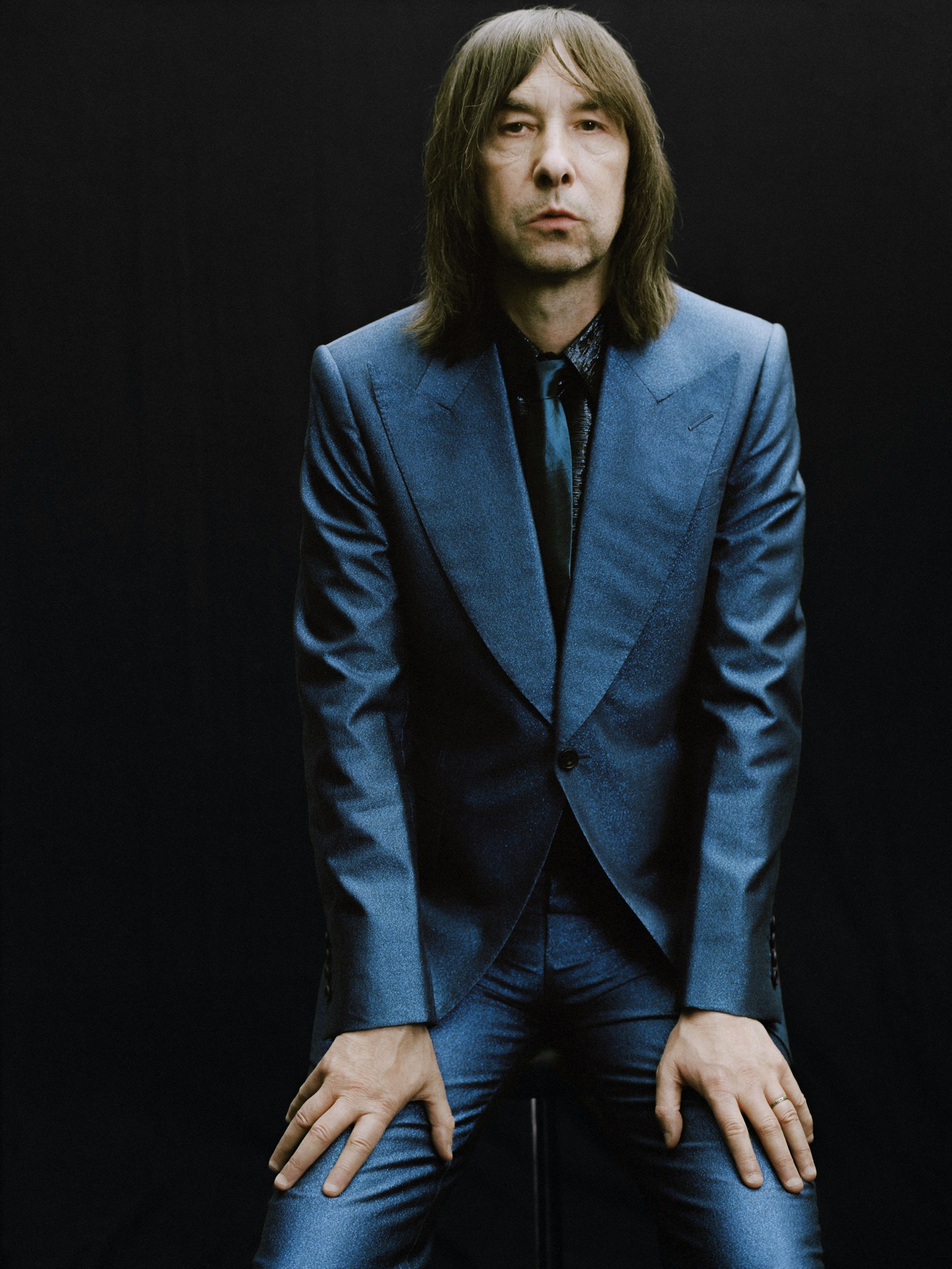Dario Utichi
- Text by Alex King
- Photography by Dario Utichi

The humour and adventures of his friends subconsciously influence the way Dario Utichi takes photos. His compositions often border on the surreal or abstract, with faces partly or fully obscured and perspectives that challenge comprehension. Dario is constantly experimenting with the presentation of his images, using diptychs to create new meanings through interesting juxtapositions. He also uses photocopiers to compile zines, manipulating their transformative effects on his images to achieve the desired lo-fi feel.
When and why did you start shooting pictures?
“I started seriously taking photos around the time of my art foundation course (about 6 years ago). We had an analogue photography module which was the first time I properly used an SLR film camera, a Minolta X-700. The feeling of looking through the viewfinder and trying to define what your final photograph might look like was insane! The process of then developing what you had shot in the darkroom and seeing your images emerge from the chemicals just grabbed me.”
What is it you love about film photography?
“I love the margin for error when shooting film, which I feel is lost when using a digital camera. There’s no way of checking back or deleting what you just shot, which makes the act of taking a photo a very sensory and intuitive one. I love the gut feeling you get when you think a photo might turn out great, and the fact you just have to wait to find out. There is also something very satisfying in finding happy accidents you’d forgotten about in the middle of a roll of crappy photos.”
What are you passionate about – interests, hobbies outside of photography – and how does this inform the images you take?
“I studied Graphic Design at university. I am heavily influenced by visual culture, design and illustration, but to me these things are intrinsic to photography. I am passionate about travelling and exploring different cultures. I recently travelled across Europe which had a profound effect on me. It got me out of a rut I had been in since uni and photography gave me the opportunity to document this.”
Who or what inspires your work? Any other photographers?
“My main inspiration comes from my friends. Riding our bikes to the countryside in search of a pub, making up ridiculous stories and jokes on the way I feel has a subconscious effect on the way I shoot photos and what I shoot. I am also heavily influenced by the likes of Dash Snow and Jerry Hsu, whose ability to capture everyday occurrences so beautifully really inspires me.”
What do you do for a living and how does photography fit into your life?
“At the moment I work as a photography & film technician at a sixth-form college. This gives me a lot of spare time (and great holidays!) to travel and take photos. Working in this environment means I get to see a lot of student photography work which sometimes blows me away and makes me want to ditch the job and go and take photos. ”
How do you share your work? Zines, books, exhibitions, blog etc? And what’s the editing process like for you? Are you trying to tell stories with your images? What are those stories?
“Most of my photos end up on my blog. Recently I have been exploring lo-fi handmade photo zines and the use of photocopiers and home printers to collate different selections of my photos in one place. I try to curate my photos loosely based on their tone of voice. I am a big fan of the xerox aesthetic and the way each zine comes out differently every time. I would love to exhibit my photos someday.”
Are your photos staged/posed or documentary? Can you describe why you choose to shoot in this way?
“My photos are always a bit of both. I usually shoot for the hell of it and try not to follow any rules or boundaries. I always try and capture a feeling at a certain moment in time, so I’d say I do prefer shooting documentary as it captures something a lot more real and energetic. That’s always a lot more exciting when you get your film developed.”
If you had to take one photo that summed up your view on life, what would it capture?
“I guess it would probably look a lot like when Bill Murray cannonballs in to the pool in Rushmore… But in a good way.”
You can see more of Dario’s work at his website.
Latest on Huck

My sister disappeared when we were children. Years later, I retraced her footsteps
After a car crash that saw Magnum photographer Lindokuhle Sobekwa hospitalised, his sister ran away from their home in South Africa. His new photobook, I Carry Her Photo With Me, documents his journey in search of her.
Written by: Lindokuhle Sobekwa

Inside New York City’s hedonistic 2000s skateboarding scene
New photobook, ‘Epicly Later’d’ is a lucid survey of the early naughties New York skate scene and its party culture.
Written by: Isaac Muk

Did we create a generation of prudes?
Has the crushing of ‘teen’ entertainment and our failure to represent the full breadth of adolescent experience produced generation Zzz? Emma Garland investigates.
Written by: Emma Garland

How to shoot the world’s most gruelling race
Photographer R. Perry Flowers documented the 2023 edition of the Winter Death Race and talked through the experience in Huck 81.
Written by: Josh Jones

An epic portrait of 20th Century America
‘Al Satterwhite: A Retrospective’ brings together scenes from this storied chapter of American life, when long form reportage was the hallmark of legacy media.
Written by: Miss Rosen

Bobby Gillespie: “This country is poisoned by class”
Primal Scream’s legendary lead singer writes about the band’s latest album ‘Come Ahead’ and the themes of class, conflict and compassion that run throughout it.
Written by: Bobby Gillespie